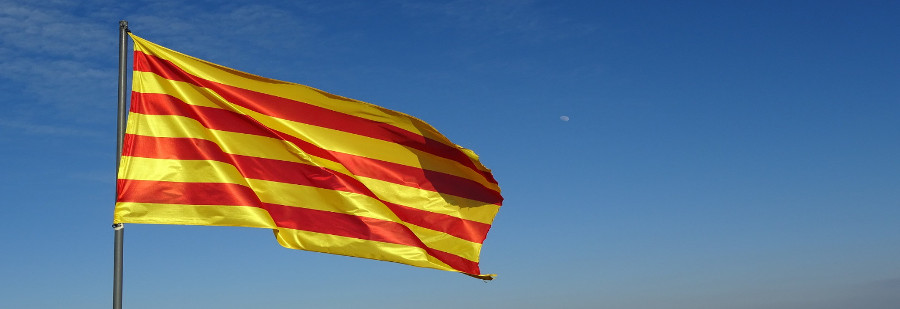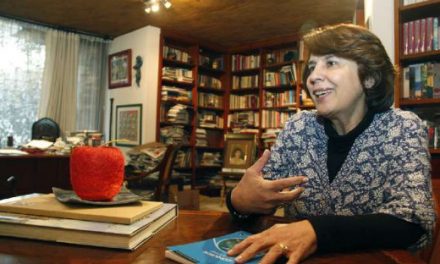“Sovereignty, although it won at the polls, would always lose out by accepting the legitimacy of the Government of Spain”
Lluís Vicent Safont, corresponding academician for Andorra of the Royal European Academy of Doctors-Barcelona 1914 (RAED), makes an interesting statement of the struggle between sovereignty and independence in Catalonia through the game theory developed by the Nobel laureate in Economics John Nash in the article “El procés: eleccions o no, repressió o no” (The process: Elections or not. Repression or not), published last November 3 by the Diari d’Andorra.
Reducing the players to two, represented by the independence bloc and the “unionist” bloc and contributing value in the game to concepts such as legitimacy or illegitimacy of the application of Article 155 of the Spanish constitution, presence or absence in the elections convened in application of this article, majority or minority in the same and repressive or non-repressive measures by the state (including in it the judiciary), Vicent Safont raises a number of variants in which sovereignty, although it won at the polls, would always lose out by accepting the legitimacy of the government of Spain.

Dr. Lluís Vicent Safont
“A fundamental variable is the probability that the independence votes will surpass 50% on 21-D. The independence movement could demonstrate to the world that it has a majority in Catalonia and Spain, which is the one that has called the elections, would have no arguments to deny it. But in this way Catalonia would not be independent and would have accepted the power of the state, therefore, we could not give the sovereign block yields of 4-0, but of 3-1. However, if the independence votes don’t reach 50% the situation would be optimal for the Unionists and the Catalan Republic would be mortally wounded, according to the arbitrariness that we have proposed to the game, we would award a 4-0 in favour of the constitutionalist bloc”, the academician argues.
Maintaining his argument, Vicent Safont only understands the position of Andorra in defence of the legitimacy of the Spanish government and the constitutional order by elements that have favoured this support in a decisive way. “A priori it didn’t seem that the best move for Andorra was to demonstrate in favour of one side, thus putting the other against, but this was the conclusion only if we took into account the economic relations with Catalonia, not other factors that I don’t know”, he says.






